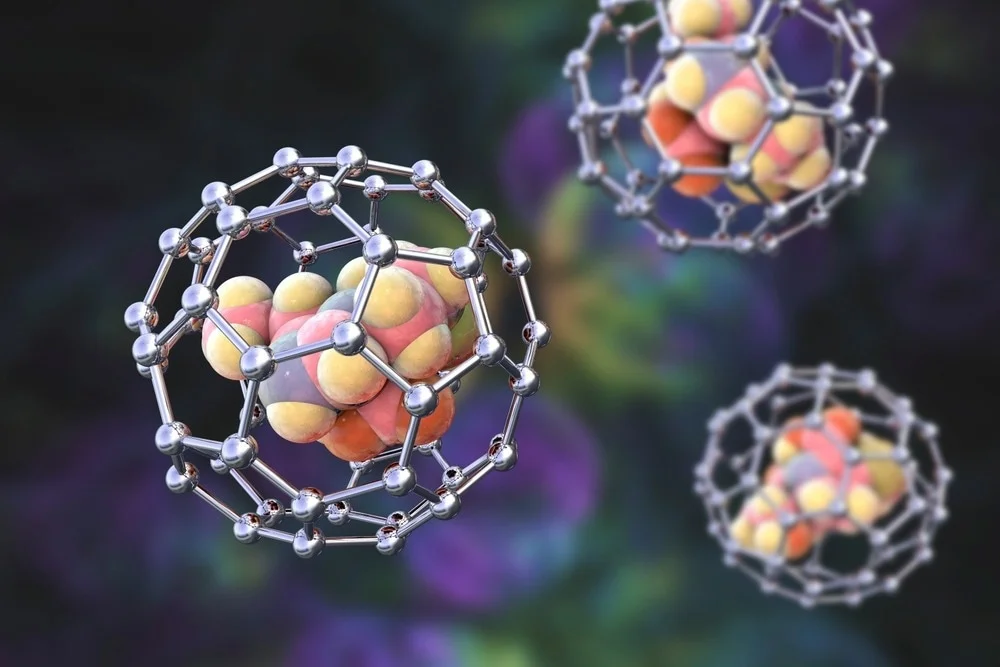Addressing Bioanalytical Method Development Challenges from Preclinical to Clinical Trials

At Sannova, we recognize the intricate and often non-linear nature of R&D and drug development, standing ready to navigate the challenges alongside our clients.
One such journey involved a client developing a nanoparticle-bound immunosuppressant.
They started with a rat study and contracted a lab to analyze the pegylated protein in their formulation by ELISA.
However, with ligand binding assays there are complications with binding to antibodies when PEG is involved.
Therefore, the R&D group came to Sannova and we took a Mass Spec approach to quantifying the pegylated protein. Sannova successfully developed and validated a surrogate protein method in rat serum.
Despite the inherent challenges working with rat whole blood, we then developed another method for their nanoparticle bound analyte as well.
Having successfully completed rat studies, the sponsor moved onto monkey studies. There was an unexpected complication of differentiating between species polymorphisms while adapting the method to monkey serum.
So we went back to development mode. After further optimization, Sannova was able to validate the pegylated protein method for monkey serum, successfully differentiating endogenous protein.
The sponsor then progressed to in human clinical trials and again adapting the method to human matrices presented an unexpected additional peak at RT.
Once again, the lab when back to development, completely changed the mobile phase preparation and fully validated both analytical methods for human matrices.
Just as the sponsor thought they were nearing approval it was necessary to perform additional tox studies in rodents. We were right alongside the sponsor, optimizing the method yet again to expand the range in rat serum as needed.
All along their drug development journey, Sannova was the sponsor’s first call when any scientific issue arose in their process and we hope to be that partner for you too.
Today, our sponsor’s nanoparticle bound immunosuppressant drug is approved by the FDA.